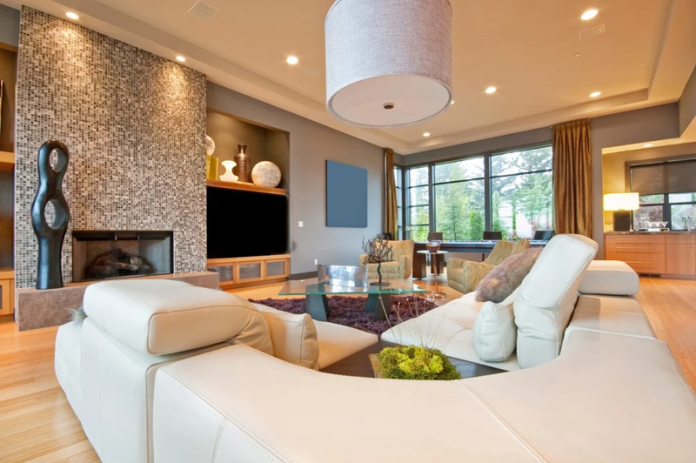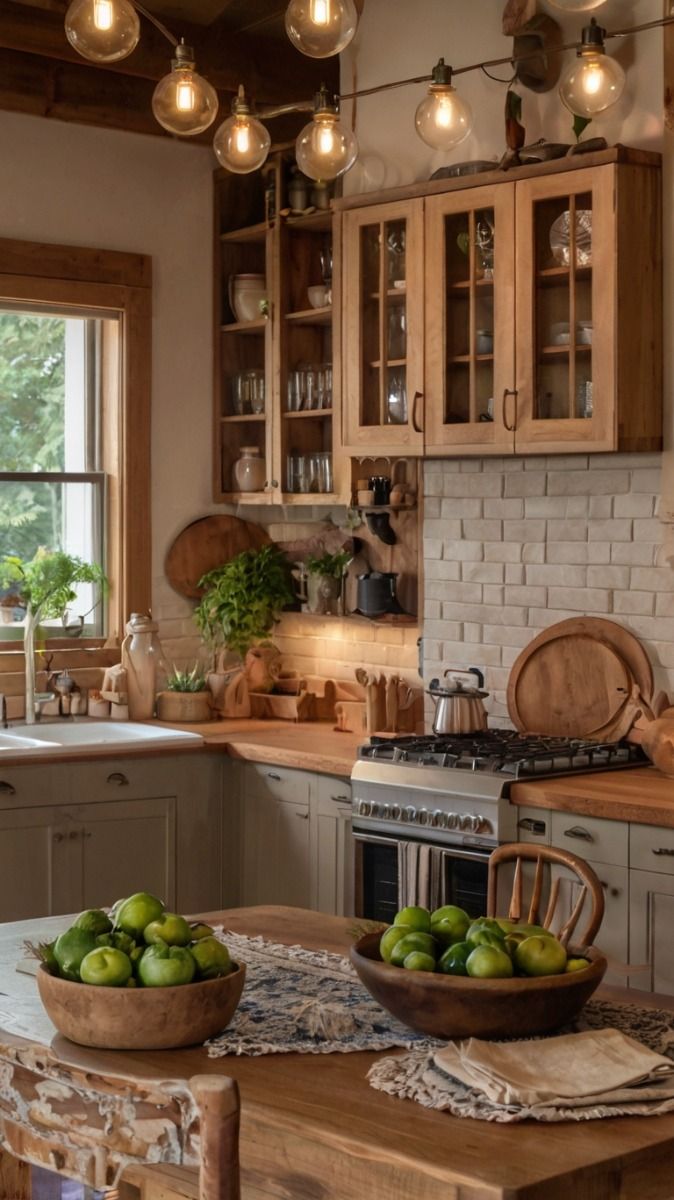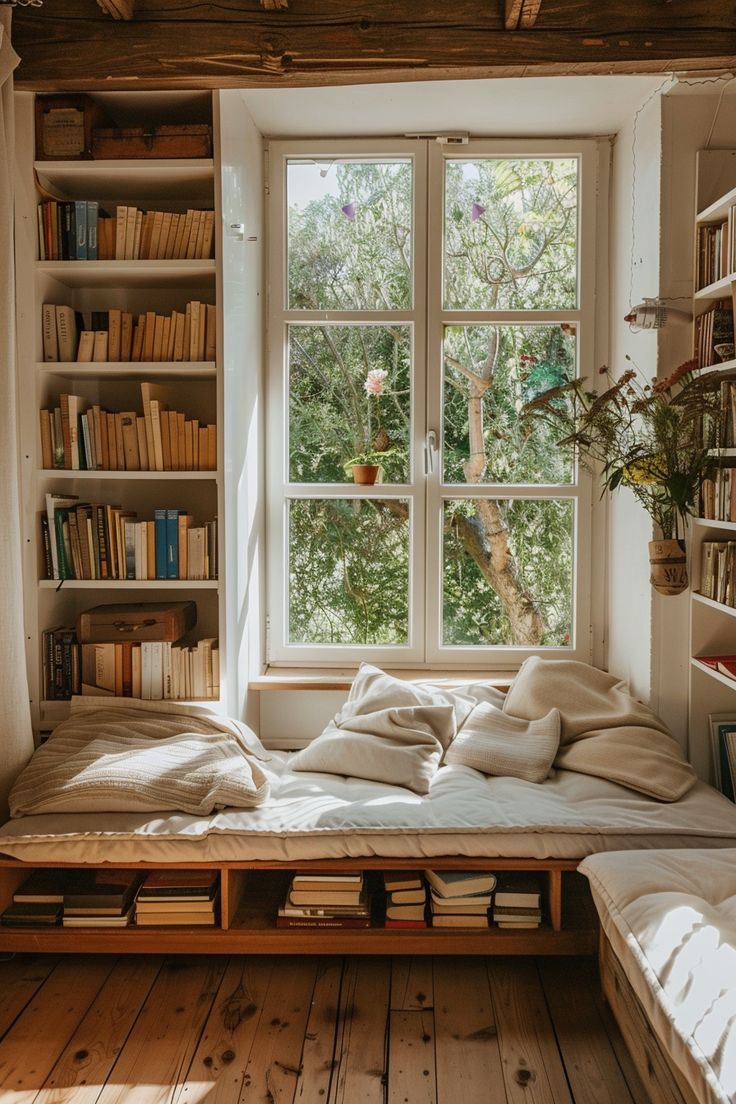With the rise of tiny homes becoming increasingly popular, the need for smart home design has never been more pronounced. Small space living doesn’t have to feel cramped or cluttered. In fact, it can be just the opposite when you strategically design your space to maximize efficiency. This approach not only enhances comfort but also reflects a lifestyle choice that values simplicity and sustainability.
The Importance of Smart Design
In tiny homes, every square foot counts. Efficient design is crucial for creating functional living spaces that serve multiple purposes. Smart design incorporates technology and innovative layout strategies to make the most of limited space.
Creative Space-Saving Solutions
Finding ways to save space requires creativity and a bit of experimentation. Here are some effective solutions:
- Multi-functional Furniture: Consider furniture that serves more than one purpose. For example, a sofa bed can transform your living area into a guest room.
- Vertical Storage: Utilize wall space for shelves, hooks, and cabinets to keep the floor area uncluttered.
- Hidden Storage: Look for hidden compartments in furniture or use under-bed storage to maximize every inch.
- Convertible Spaces: Adjustable room dividers can help create privacy and flexibility in open floor plans.
Embracing Technology in Your Tiny Home
Integrating technology into your small living space can enhance convenience and efficiency. Many smart home devices are designed specifically for small spaces, making them easier to manage. Smart thermostats, lighting systems, and security cameras can all be controlled through your smartphone, adding functionality without taking up space.
Smart Home Devices for Tiny Spaces
When selecting devices for your smart home, consider those that cater to efficiency:
- Smart Lighting: LED bulbs with movement sensors can save energy and brighten up your space.
- Smart Plugs: Allow you to control appliances remotely and program schedules, optimizing energy usage.
- Smart Thermostats: Not only do they maintain comfortable temperatures, but they also learn your habits and can reduce utility bills.
- Home Security Cameras: Offering peace of mind without taking up physical space, these can be placed strategically around your home.
Design Trends for Small Spaces
Trends in small space design lean heavily toward minimalism and functionality. Clean lines, open spaces, and light color palettes help create an airy feel. This minimalistic approach allows for more freedom in your tiny home, making it easy to adapt your space as needed.
Natural Elements in Design
Incorporating natural elements can also enhance the ambiance of a small space. Consider bamboo flooring, indoor plants, and natural light sources. These elements not only beautify your space but also contribute to better air quality and well-being.
Sustainability and Tiny Homes
With the focus on maximizing efficiency, it’s also essential to consider sustainability. Tiny homes can greatly reduce your carbon footprint if designed wisely. Using energy-efficient appliances, recycling, and opting for sustainable materials can make a significant difference in your home and the planet.
Ways to Sustain a Tiny Home
Here are some key practices to keep your tiny home eco-friendly:
- Rainwater Harvesting: Capture and use rainwater for various purposes.
- Solar Panels: Reduce reliance on grid power by harnessing the sun’s energy.
- Energy Efficient Appliances: Invest in appliances that consume less energy.
- Waste Management: Composting and recycling can minimize waste significantly.
The Future of Tiny Living
In conclusion, embracing small space smart home design not only maximizes efficiency but also makes a positive lifestyle statement. More people are realizing that living minimally can lead to happiness and freedom. By carefully choosing the decor, furniture, and technology, tiny homes can be as comfortable and functional as larger ones.
As we move towards a more sustainable future, tiny homes and smart home technology will likely evolve together, creating even smarter, more efficient living spaces. Whether for financial reasons, environmental concerns, or a desire for simplicity, tiny living offers a pathway toward a fulfilling life with less clutter and more connection.



